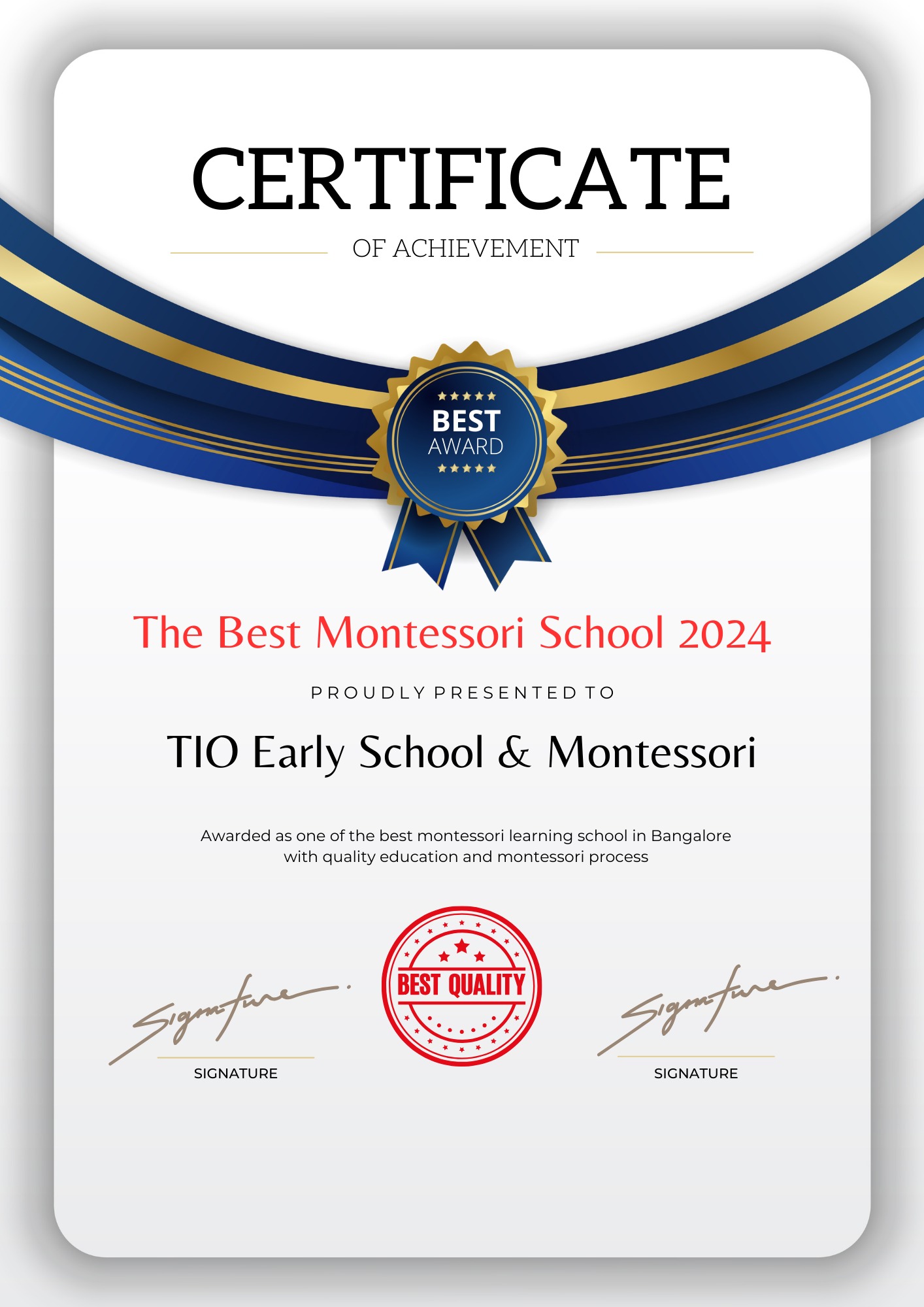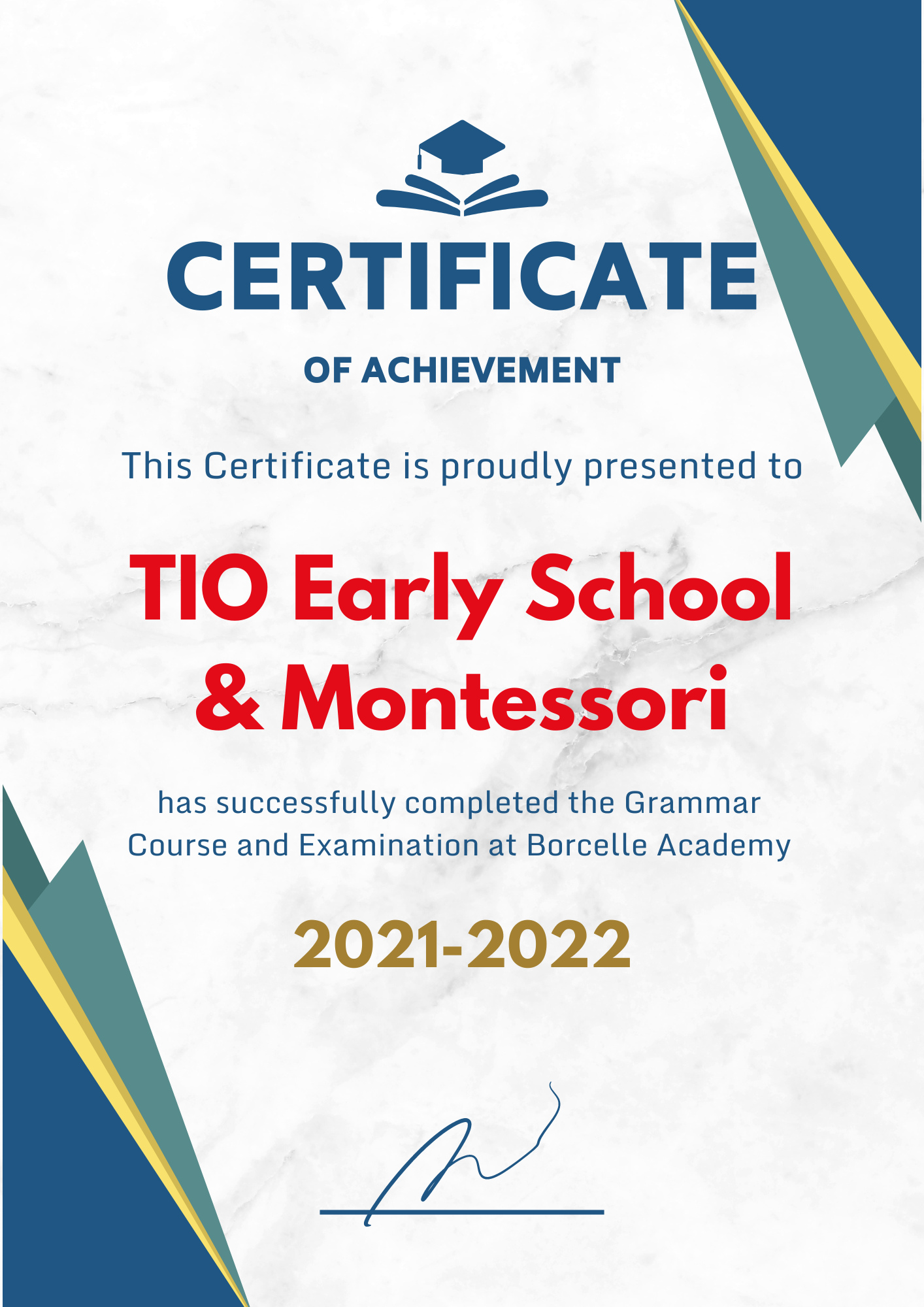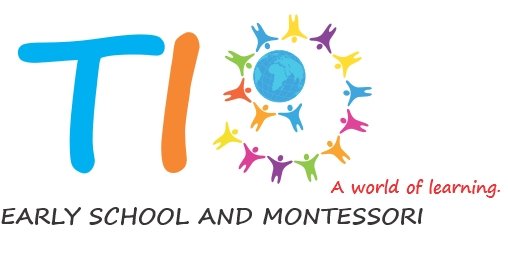About Us
our tio india early school and montessori JOURNEY in success!
The TIO India Early School & Montessori was founded in the year 2000, with the purpose of providing families with a high-quality alternative to play-based childcare. They initially became involved with Montessori education while they were searching for educational childcare for their own five children. After visiting numerous childcare and long day care services, they felt that something was missing.
Through an observation window, they observed their first Montessori classroom in action, and were astounded by how different the Montessori approach was to traditional play-based childcare. What amazed them most was the unique educational materials.
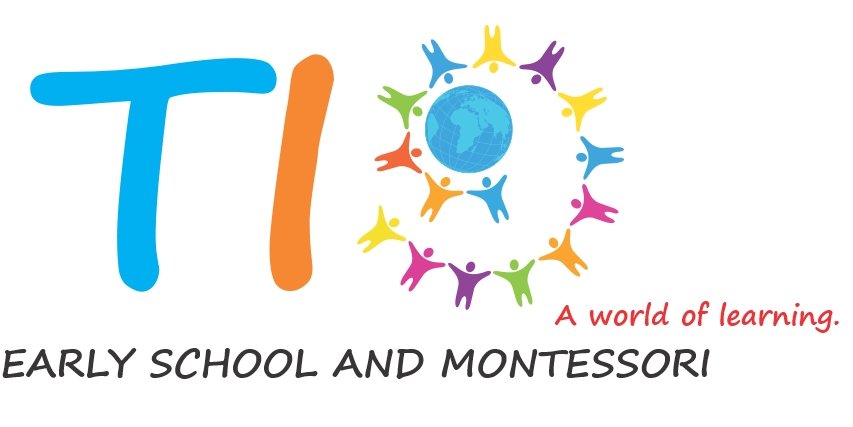
They watched on, astounded, as children approached the shelves, chose an activity, and found a space where they wanted to work. They could see children problem-solving, working independently, and learning through hands-on experience by using the educational materials. There was a distinct sense of joy and harmony that was unlike anything they had ever seen. As Charles and Colette departed the centre, they knew, without a doubt, that Montessori was the right choice for their own children. They enrolled their children the very next day.
our mission
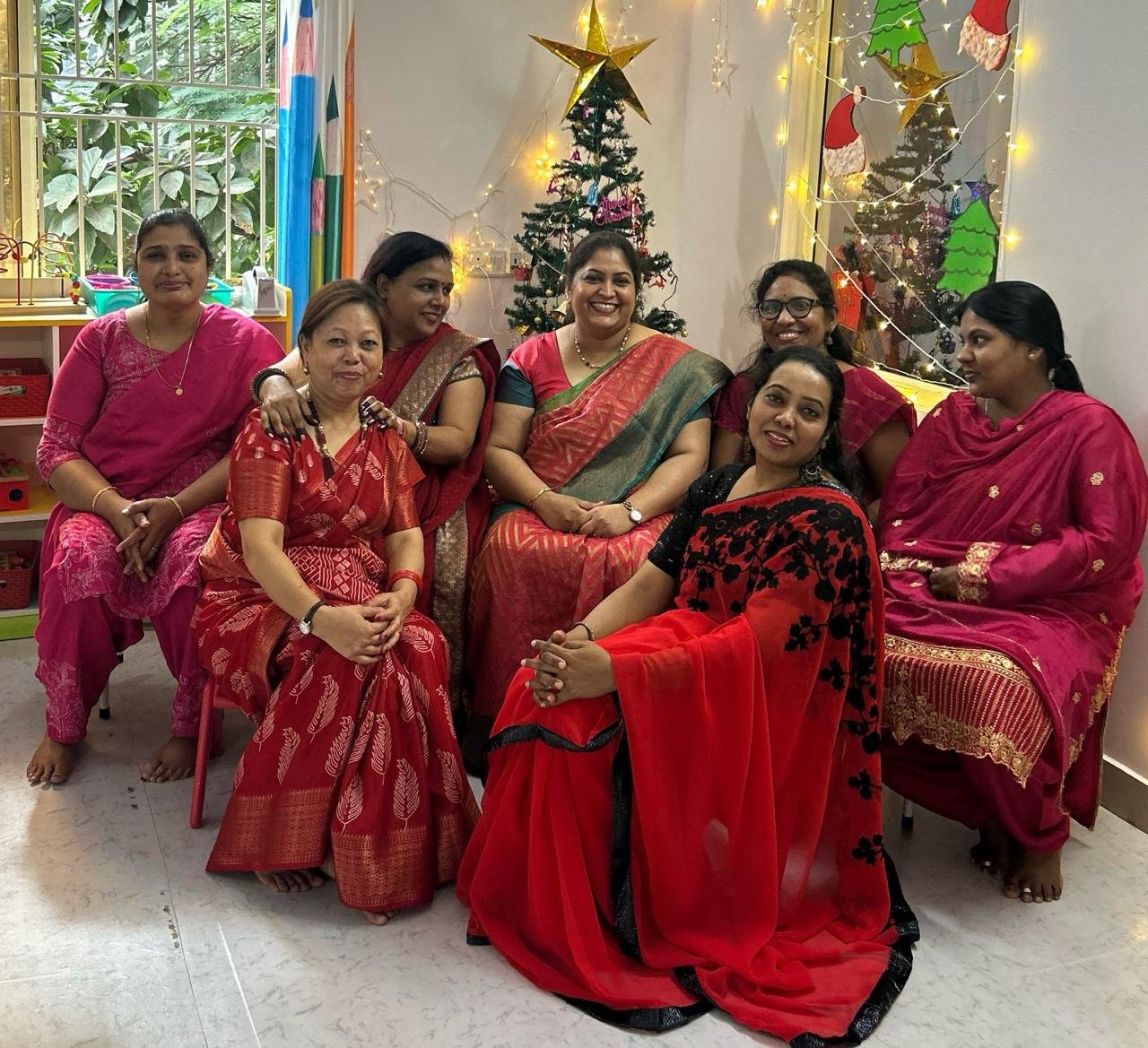
TIO India Early School & Montessori will use the proven effectiveness of the Montessori educational model to teach a broad spectrum of students, successfully nurturing each child on their journey towards knowledge. Teachers will “follow the child” and, through the use of the Montessori method and materials will be able to find ways to best encourage each student’s learning style and individual talents. Multi-age classrooms will stimulate personal growth without stigma and teachers will truly get to know and be able to help their students, staying with them for three-year periods. Students will work within a cooperative environment of support with their peers, teachers and parents. The result will be an Academy graduate who has learned how to truly respect others and to be respected, who has become a confident learner and who has amassed a body of knowledge that can lead and support the graduate for the rest of his/her life.
our vision
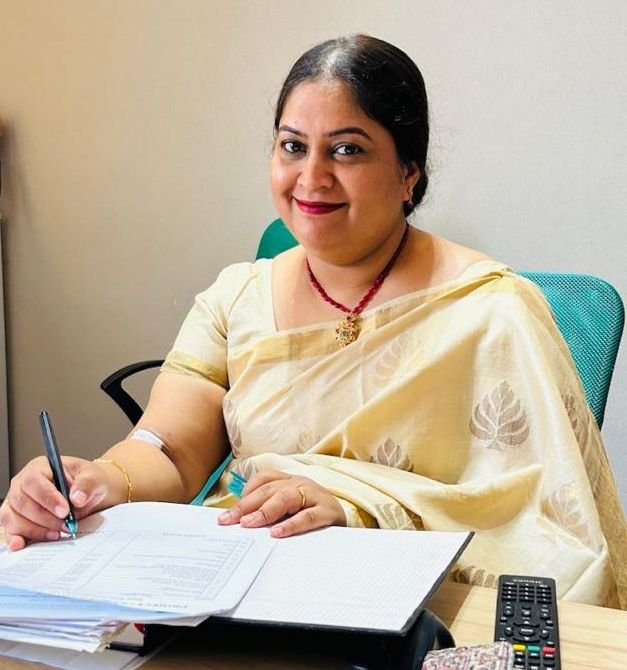
TIO India Early School & Montessori, a private Montessori school offers an array of competitive benefits to its teachers. Whether it’s our retirement package, health, life, dental, vision, and disability insurance plans, our flexible paid time off, or our generous tuition discounts, we are dedicated to supporting you in your mission: helping children learn. Our Montessori is to provide an exemplary education through a nurturing and stimulating environment that enhances each child’s intellectual and emotional gifts, leading to responsible, compassionate citizens. We believe the Montessori Method is the best educational model to achieve our learning goals. As a Montessori school, we value a thoughtful and well-prepared learning environment that is both purposeful and peaceful.
what is montessori education ?
Choosing a Montessori environment for your child has many benefits. Known for individually paced learning and fostering independence, the Montessori Method also encourages empathy, a passion for social justice, and a joy in lifelong learning.
Given the freedom and support to question, to probe deeply, and to make connections, Montessori students become confident, enthusiastic, self-directed learners. They are able to think critically, work collaboratively, and act boldly—a skill set for the 21st century.
Montessori education is student-led and self-paced but guided, assessed, and enriched by knowledgeable and caring teachers, the leadership of their peers, and a nurturing environment.

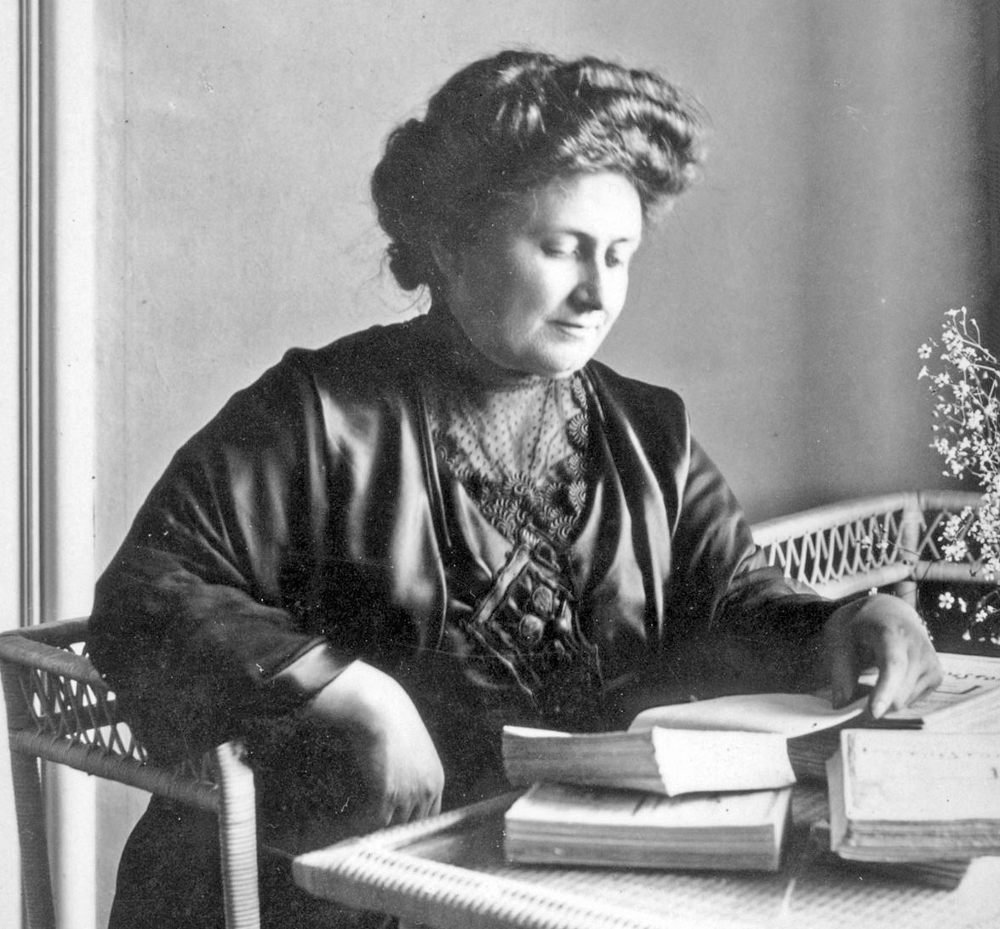
Within the community of a multi-age classroom—designed to create natural opportunities for independence, citizenship, and accountability—children embrace multi-sensory learning and passionate inquiry. Individual students follow their own curiosity at their own pace, taking the time they need to fully understand each concept and meet individualized learning goals.
Given the freedom and support to question, probe deeply, and make connections, Montessori students grow up to be confident, enthusiastic, and self-directed learners and citizens, accountable to both themselves and their community. They think critically, work collaboratively, and act boldly and with integrity. What better outcome could you wish for your children?
| MONTESSORI | TRADITIONAL |
|---|---|
 Emphasis on cognitive structure and social development. Emphasis on cognitive structure and social development. |
 Emphasis on rote knowledge and social development. Emphasis on rote knowledge and social development. |
 Instructor has a passive role in guiding the classroom. Child is an active participant choosing how they will learn. Instructor has a passive role in guiding the classroom. Child is an active participant choosing how they will learn. |
 Teacher has domain, active role in classroom activity; child is a passive participant in learning. Teacher has domain, active role in classroom activity; child is a passive participant in learning. |
 Environment and method encourage internal self-discipline. Environment and method encourage internal self-discipline. |
 Teacher acts as primary enforcer of external discipline. Teacher acts as primary enforcer of external discipline. |
 Instruction, both individual and group, adapts to each student’s learning style. Instruction, both individual and group, adapts to each student’s learning style. |
 Instruction, both individual and group, conforms to the adult’s teaching style. Instruction, both individual and group, conforms to the adult’s teaching style. |
 Mixed age grouping. Mixed age grouping. |
 Same age grouping. Same age grouping. |
 Children are encouraged to teach, collaborate and help each other. Children are encouraged to teach, collaborate and help each other. |
 Most teaching is done by teacher and collaboration is discouraged. Most teaching is done by teacher and collaboration is discouraged. |
 Child chooses own work from interest and abilities. Child chooses own work from interest and abilities. |
 Curriculum structured for child with little regard for child’s interests. Curriculum structured for child with little regard for child’s interests. |
 Child formulates own concepts from self-teaching material. Child formulates own concepts from self-teaching material. |
 Child is guided to concepts by teacher. Child is guided to concepts by teacher. |
 Child workes as long as she/he wishes on chosen project. Child workes as long as she/he wishes on chosen project. |
 Child generally given specific time limit for work. Child generally given specific time limit for work. |
 Child sets own learning pace to internalize information. Child sets own learning pace to internalize information. |
 Instruction pace usually set by group norm or teacher. Instruction pace usually set by group norm or teacher. |
 Child spots own errors through feedback from the material. Child spots own errors through feedback from the material. |
 If work is corrected errors usually pointed out by teacher. If work is corrected errors usually pointed out by teacher. |
 Learning is reinforced internally through the child’s own repetition of an activity and internal feelings of success. Learning is reinforced internally through the child’s own repetition of an activity and internal feelings of success. |
 Learning is reinforced externally by rote repetition and rewards/discouragements. Learning is reinforced externally by rote repetition and rewards/discouragements. |
 Multi sensory materials for physical exploration. Multi sensory materials for physical exploration. |
 Fewer materials for sensory development and concrete manipulation. Fewer materials for sensory development and concrete manipulation. |
 Organized program for learning care of self and environment (cleaning of sink, taking care of animals or plants, etc.). Organized program for learning care of self and environment (cleaning of sink, taking care of animals or plants, etc.). |
 Less emphasis on self-care instruction and classroom maintenance. Less emphasis on self-care instruction and classroom maintenance. |
 Child can work where she/he is comfortable, moves around and talks at will (yet does not disturb the work of others); group work is voluntary and negotiable. Child can work where she/he is comfortable, moves around and talks at will (yet does not disturb the work of others); group work is voluntary and negotiable. |
 Child is usually assigned their own chair in day care; encouraged to sit still and listen during group sessions. Child is usually assigned their own chair in day care; encouraged to sit still and listen during group sessions. |
our montessori awards
